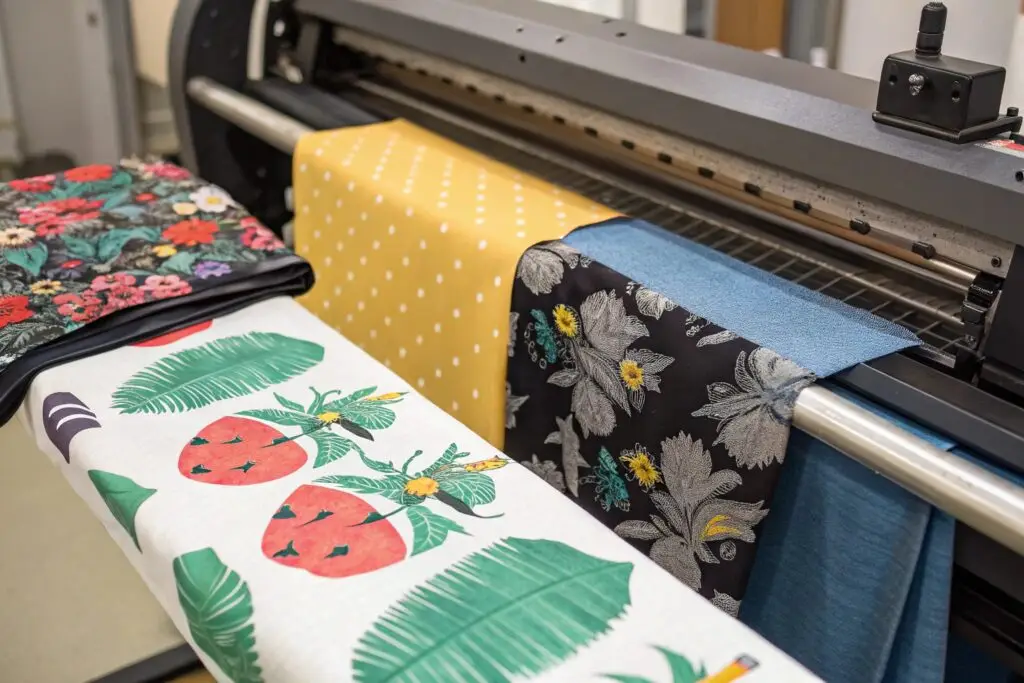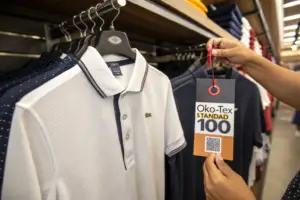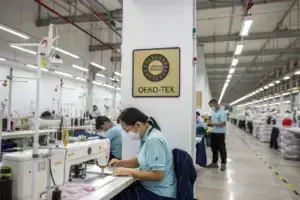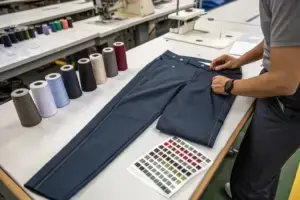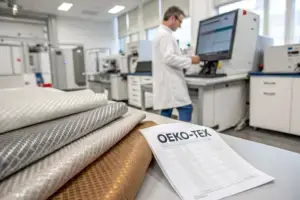When I first started screen printing T-shirts, finding good-quality materials was a big problem. Poor-quality screens and inks caused blurry prints, increased my costs, and disappointed my customers. So, where can I reliably find great screen printing materials?
You can find reliable screen printing materials at specialty suppliers such as Ryonet (ScreenPrinting.com), Anthem Screen Printing, Blick Art Materials, and online marketplaces like Amazon. These providers offer essential supplies, including screens, inks, emulsions, squeegees, exposure units, and curing equipment necessary for consistent, high-quality results.
Understanding where to source the right materials and equipment significantly improved my printing quality. Let’s dive deeper into the materials, equipment, and the best fabrics for successful T-shirt screen printing.
What T-Shirt Material is Best for Screen Printing?
Initially, I chose inappropriate fabrics for printing, resulting in poor print quality and negative customer feedback. Selecting the correct T-shirt material is crucial, so what fabric works best?
The best material for screen printing T-shirts is 100% cotton, particularly ring-spun cotton. Cotton's absorbent fibers ensure vibrant, durable prints. Cotton-poly blends (50/50 or 60/40) also perform well with special inks, but cotton remains the preferred choice due to superior ink adhesion and comfort.
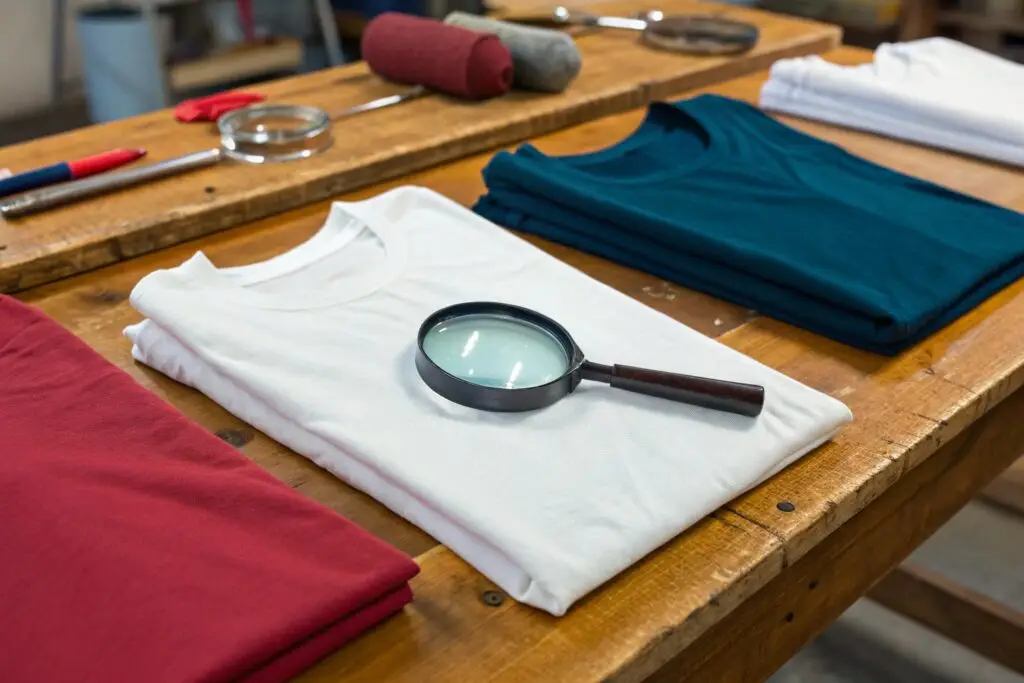
Why is cotton ideal for screen printing?
Cotton has clear advantages for T-shirt printing:
- Excellent Ink Absorption: Cotton fibers absorb ink evenly, resulting in clearer prints.
- High Durability: Cotton maintains vibrant prints after repeated washing.
- Comfort and Breathability: Customers prefer cotton for its softness and comfort.
How do blended fabrics perform in screen printing?
Cotton-polyester blends are also common:
| Fabric Type | Ink Compatibility | Durability | Cost Level |
|---|---|---|---|
| 100% Cotton | Excellent | High | Moderate |
| Cotton-Poly Blends | Good with specific inks | Medium-High | Moderate |
| 100% Polyester | Best for sublimation | High | Variable |
Blended shirts work great for activewear, but 100% cotton still offers the best overall printing results.
What Do I Need to Screen Print My Own T-Shirts?
When starting my screen printing journey, insufficient preparation caused messy prints and wasted materials. Clearly knowing what I need beforehand is vital. So, exactly what supplies are necessary?
To screen print your own T-shirts, you’ll need screens (with aluminum frames and mesh), emulsions, inks, squeegees, an exposure unit, printing press (manual or automatic), curing equipment (heat press or conveyor dryer), adhesives, cleaning chemicals, and protective gear.
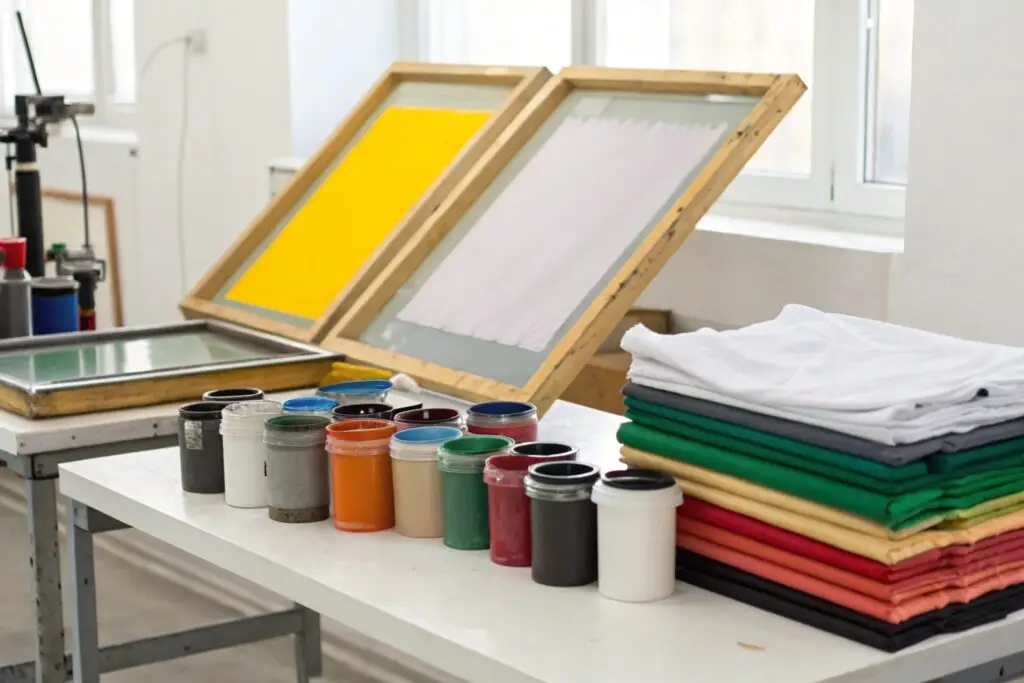
Essential materials checklist for beginners:
From experience, here’s what every beginner needs:
- Screens: Aluminum frames (110 mesh count recommended)
- Emulsions: Photopolymer emulsion for easy use and quick exposure
- Inks: Plastisol inks for vibrant, durable results
- Squeegees: Durable rubber squeegees for even ink spread
- Adhesive Spray: Keeps fabric in place during printing
- Cleaning Supplies: Screen wash, emulsion remover, and ink cleaners
Why choose plastisol inks?
Plastisol inks are my top recommendation because:
- Easy Use: They’re beginner-friendly and easy to handle.
- Vibrant Results: Produce consistently bright, vibrant colors.
- Long-lasting: Prints maintain quality after multiple washes.
What Materials are Needed for T-Shirt Printing?
Without the proper materials, my early printing sessions quickly turned frustrating. Running out of crucial items stalled production. What are the exact materials required for smooth, hassle-free printing?
Essential materials include blank T-shirts, screens, emulsion, inks, squeegees, adhesive spray, curing supplies (heat gun or dryer), screen cleaning supplies (screen wash, emulsion remover), masking tape, disposable gloves, and workspace protection materials.
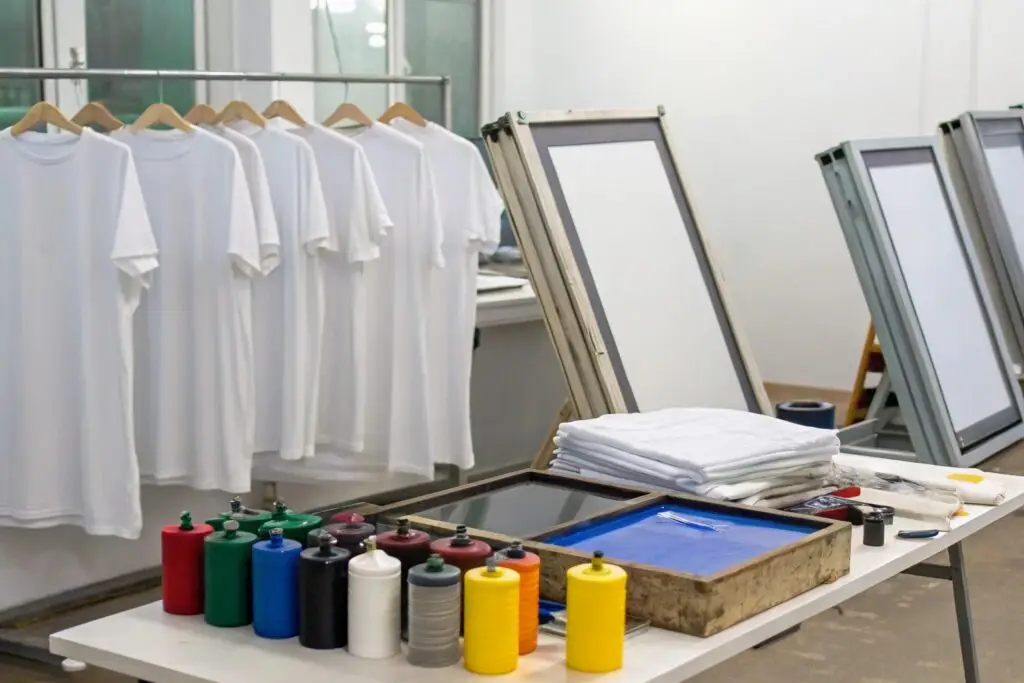
Comprehensive materials list:
Here’s my comprehensive list to prevent production delays:
- Blank T-shirts: High-quality cotton or cotton-blend shirts.
- Screen Frames & Mesh: Aluminum screens, 110 mesh count ideal.
- Inks: Plastisol (primary), water-based (soft feel).
- Emulsion: Photopolymer or dual-cure for durable stencils.
- Squeegees: Rubber squeegees for even ink application.
- Cleaning Chemicals: Ink remover, screen wash, emulsion remover.
- Protective Supplies: Disposable gloves, masks, aprons.
Which cleaning supplies are necessary?
Proper cleaning is essential. Always have these on hand:
| Supply | Use |
|---|---|
| Screen Wash | Removes leftover ink from screens |
| Emulsion Remover | Clears screens for reuse |
| Ink Cleaner | Quickly cleans stubborn inks |
What Equipment Is Needed to Screen Print T-Shirts?
My early attempts to screen print failed due to inadequate equipment. Without proper tools, prints became uneven and disappointing. What essential equipment is necessary for successful T-shirt printing?
Essential screen printing equipment includes screens, squeegees, exposure units, printing presses, curing equipment (heat press or conveyor dryer), drying racks, and cleanup equipment. Investing in these ensures high-quality prints, efficient production, and satisfied customers.
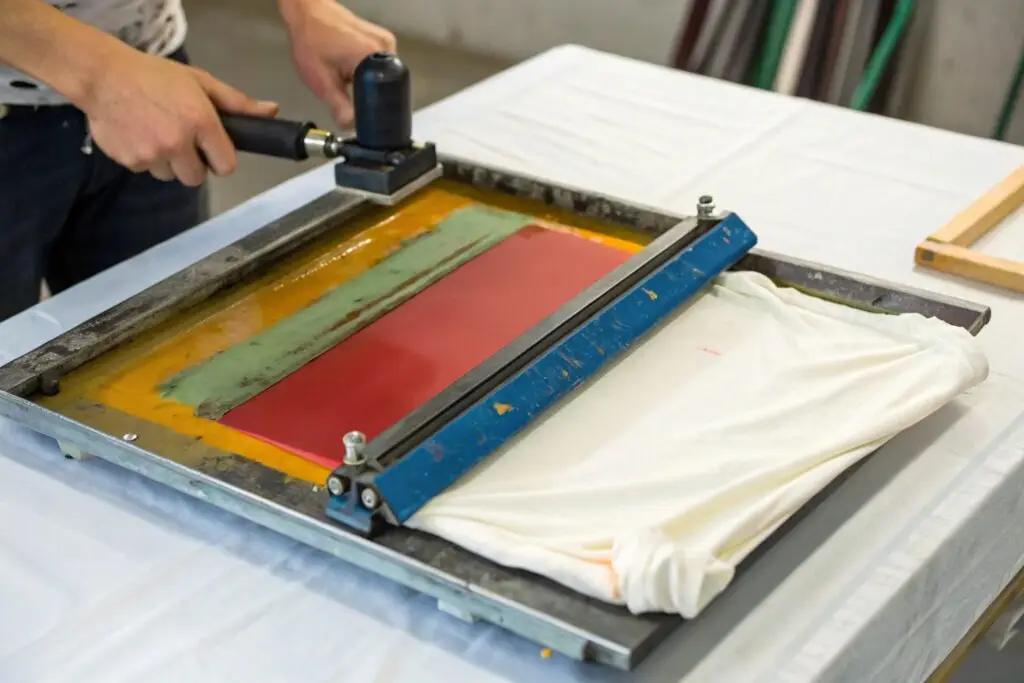
Key screen printing equipment summary:
| Equipment | Importance | Reason |
|---|---|---|
| Screens | Essential | Transfers designs onto shirts |
| Squeegee | Essential | Evenly applies ink |
| Exposure Unit | Highly Important | Produces accurate stencils |
| Printing Press | Highly Recommended | Ensures alignment and consistency |
| Curing Equipment | Essential | Cures inks for durable prints |
Why invest in curing equipment?
Proper curing ensures prints don't fade or peel quickly:
- Heat Press: Ideal for beginners and small orders.
- Conveyor Dryer: Necessary for larger orders, providing faster curing and better consistency.
Quality curing significantly improved my prints and increased customer satisfaction.
Conclusion
Knowing exactly where to find reliable screen printing materials, choosing the best fabric, understanding necessary equipment, and selecting appropriate inks and cleaning supplies have significantly improved my printing business. Careful material selection guarantees high-quality, durable prints that build customer loyalty and profitability.

